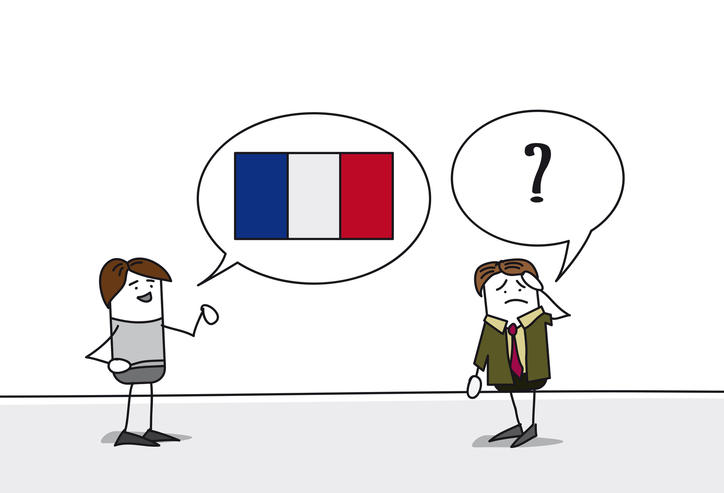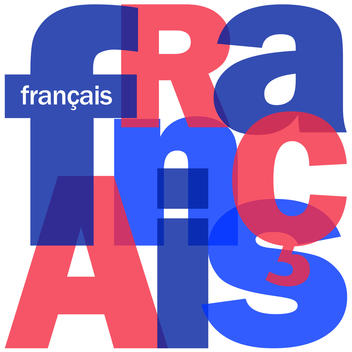French is a rich living language that is full of subtlety. What you learn at school or use when writing is often very different from daily spoken French, in France or on the other side of the world.
The subtle differences between written and spoken French
Grammar, false friends, spelling… learning French may seem complicated. And things get tougher when you move from theory to practice, because spoken French is different from written French.
But not even the French themselves grasp all of the subtleties of their language, and they quickly forgive mispronunciations and mistakes.
Local accents and regional expressions
The French often use figurative expressions that can be confusing. Ask for an expression to be explained and you'll end up using it with a feeling of satisfaction.
With expressions such as "poser un lapin", "donner sa langue au chat" and "décrocher la lune", French is not lacking in imagination.
Local accents and regional expressions
People living in the different regions in France usually speak with an accent that identifies where they are from.
The language is the same, but the words are pronounced differently or the intonation changes. At first it's a bit complicated, especially if the other person is speaking quickly. Don't worry, you get used to it soon enough.
And it's not just the accents that change. Each region also has specific local vocabulary and expressions, sometimes from the regional language.
A few frequent examples:
- A pain au chocolat becomes a chocolatine south of the Loire.
- A sac en plastique becomes a poche in the West.
- A crayon à papier becomes a crayon de bois in the North and a crayon gris in Brittany.
French around the world
It's not just in France that people speak French. Each Francophone country adds its own subtleties to the language. The Belgians and Swiss say "octante" and "nonante" instead of "quatre-vingts" and "quatre-vingt-dix".
In Québec, when someone talks about their "char" they're referring to a "voiture".
And when a word has a different meaning in another country, the conversation can sometimes be quite amusing.
Related contents
-
CollectionGuidesMise à jourJanuary 2015


























































